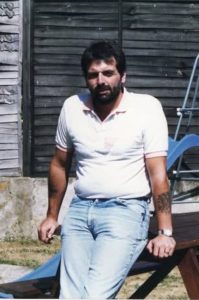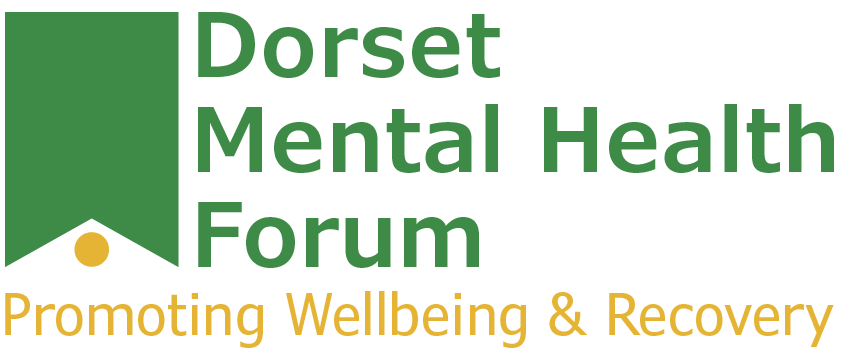Please be aware this story talks openly about suicide loss.
I lost my dad to suicide.
That sentence still feels like broken glass in my mouth.

In the days and months that followed, I learned that losing someone this way is unlike any other kind of grief. It’s not just the absence of them, it’s the questions that will never be answered, the loop of “what if” and “if only” that plays on repeat at 3 a.m. It’s the guilt, the anger, the deep sadness, all tangled together. It’s feeling like the world keeps moving while yours is still lying on the floor in pieces.
Suicide bereavement is complicated. It’s not a neat, linear process. You grieve the person, but you also grieve the version of yourself who believed you could keep them safe. And you grieve the life you thought you’d still be living alongside them.
For a long time, I let the shame and stigma of suicide keep me silent. Society doesn’t always know what to say, so it often says nothing. People shy away, or they whisper, or they reduce the person to the way they died. This left me feeling more shame and more isolated. I was screaming out! I needed to talk and truly be heard. But my father was so much more than his final moments. He was funny, stubborn, tender in ways he didn’t want anyone to notice. He loved us fiercely. His death was not the sum total of his life.
Changing the narrative means speaking honestly about suicide, calling it what it is: the end result of unbearable pain and often untreated mental illness, not a selfish decision. It means giving those of us left behind permission to grieve openly, without judgment. It means remembering that every person we lose had years of love, laughter, and stories before that final chapter.
This World Suicide Prevention Day, I want to say to anyone living with suicide bereavement: you are not alone. Your grief may look different from what others expect, and that’s okay. You can carry love and sorrow in the same heart. And to those who are struggling, please, stay. Let someone carry the weight with you. The story is not over yet. There are people who understand your pain, who will sit with you in the darkness, and help you find your way forward. Please, reach out. You do not have to suffer in silence.
The Dorset Open Door bereavement service can help navigate you to the right support, either call 01305 361361 or email dhc.dorsetopendoor@nhs.net


